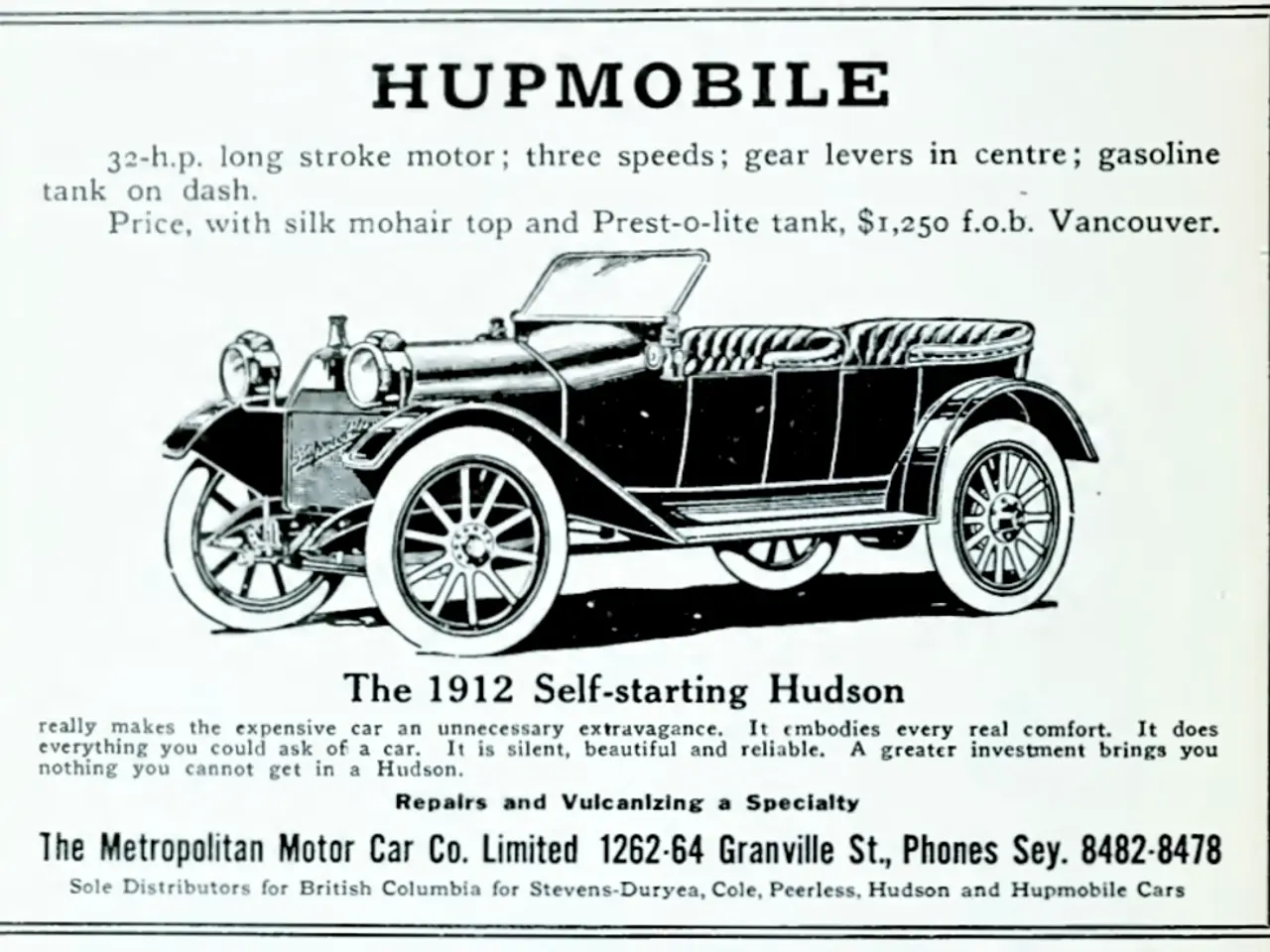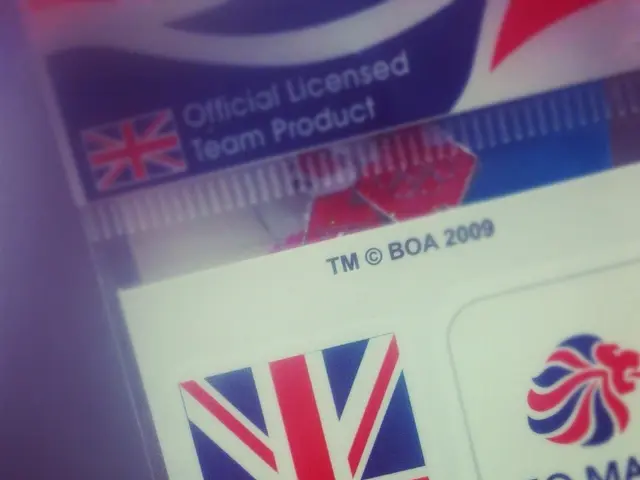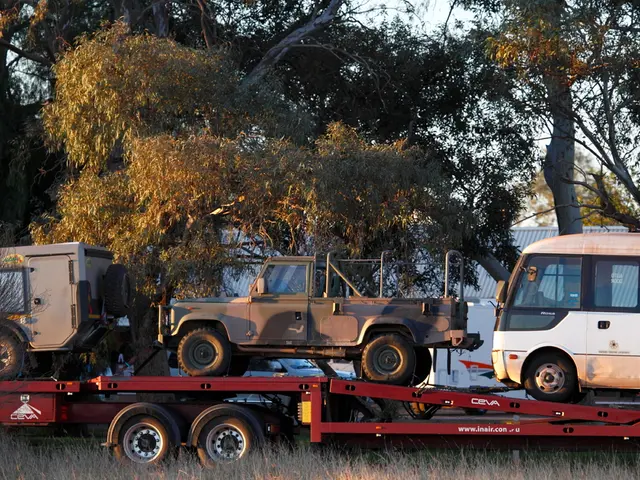If you're being overcharged for damages by an AI rental service, there's an AI solution available for that situation.
AI-Powered Car Inspection Scanners: Improving Speed but Raising Controversies
AI technology is transforming various industries, and car rental is no exception. Companies like Hertz and Sixt are using AI scanners, such as UVeye technology, to quickly inspect vehicles before and after rental. These systems compare images and identify changes, aiming to streamline inspections and reduce disputes by providing a digital damage report [1][2][3]. However, the use of AI in car inspections is not without its controversies.
Accuracy Challenges and Customer Dissatisfaction
Several issues have been reported with the AI scanners. They have been known to misinterpret shadows, water reflections, dirt, or even pre-existing damage as new damage [1][4][5]. Furthermore, the AI can flag damage smaller than the company's stated threshold, leading to unexpected charges for renters [2]. Additionally, renters often find it difficult to dispute AI-detected damage, as there may be no clear way to contest or clarify the evidence presented by the system [4].
Negative experiences with AI damage charges have led some customers to seek rental companies that do not use AI scanners or to avoid renting cars altogether [1][5]. Rental companies claim that damages are reviewed by human staff before final billing, and customer service channels exist for dispute resolution [2][4]. However, in practice, customers sometimes face hurdles and unjust fees, as shown in several reported cases involving Hertz, Sixt, and others [4][5].
Alternatives to AI-Powered Inspection Scanners
Traditional human inspections, where car rental employees visually inspect vehicles at pickup and return, noting damages on a checklist or form, remain an option. Although slower and less granular, this method allows for human judgment distinguishing serious damage from minor wear [6].
Some companies use AI scanners to assist human inspectors, who then review flagged issues before charging customers. Renters are also advised to thoroughly inspect and photograph vehicles themselves at both pickup and drop-off to contest any questionable damage claims, regardless of the inspection method [6].
Obtaining protection via rental company insurance, credit card benefits, or personal auto insurance can mitigate the risk from disputed damage charges [1].
The Future of AI in Car Rental Inspections
Ravin AI, a company that initially focused on the rental side of things, is now working with insurance companies and dealerships [7]. Ravin AI has opened up its technology to the public for free, allowing anyone to use it on their smartphone for damage assessment [8]. If there is a dispute about damage, the customer can use the AI-generated record as evidence [8].
Ekstein, a industry expert, emphasizes the need for rental companies to be transparent with customers when using AI-powered vehicle inspection scanners [9]. Conditions and lighting during photo capture are significant challenges in the AI-powered vehicle inspection scanner industry [10]. Competitors are taking notice, with Proofr and other startups entering the market [11].
Despite the controversies, Ekstein believes that more competition in the AI-powered vehicle inspection scanner industry will lead to the best tool winning out [12]. Renters should approach AI inspections with caution, document their rentals carefully, and understand their protection options.
The integration of artificial intelligence (AI) in the car rental industry is causing debates, as AI-powered car inspection scanners, such as UVeye technology, although quick and efficient, may misinterpret various factors like shadows, water reflections, or pre-existing damage, leading to customer dissatisfaction and disputes.
In the future, companies may use AI scanners in conjunction with human inspectors to ensure accuracy and fairness in car inspections, reducing the potential for unjust damage charges.




